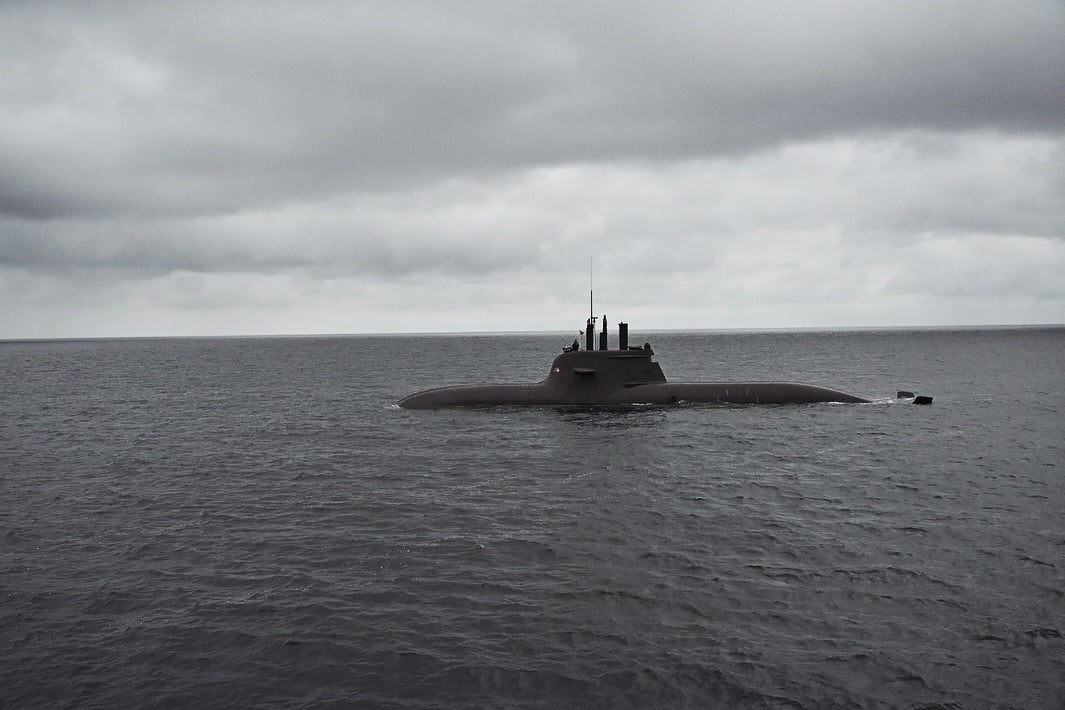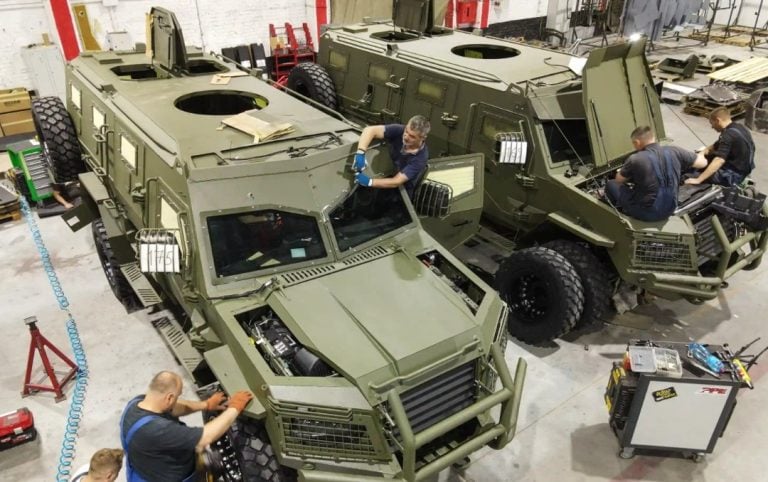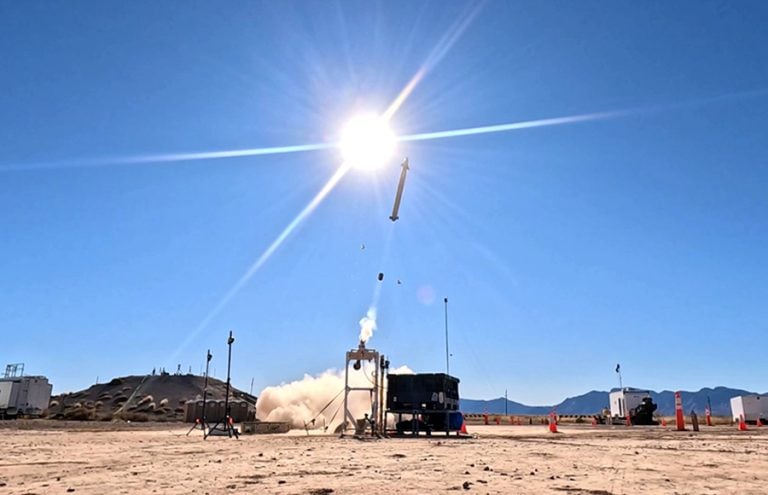NATO is currently engaged in Playbook Merlin 25, an anti-submarine warfare exercise taking place in the Baltic Sea, under the auspices of Sweden, the alliance’s newest member. This significant training event involves personnel from nine NATO nations working collaboratively to enhance their operational readiness and interoperability.
The primary objective of the exercise is to bolster cooperation in several critical areas, including undersea operations, protection of sea lines, and ensuring the security of vital infrastructure. Commanded by the Allied Maritime Command (MARCOM), Playbook Merlin 25 features submarines from Germany and Sweden, alongside maritime patrol aircraft from the United States. In addition, surface vessels and helicopters from France, Germany, and the Netherlands are participating, reflecting a diverse coalition of naval forces.
Rear Admiral Johan Norlén, Chief of the Swedish Navy, emphasized the strategic importance of the exercise, stating, “By sharing our knowledge and experience of underwater warfare in the unique conditions of the Baltic Sea region, we increase the security and stability, make NATO stronger and address the security challenges of today.”
Playbook Merlin is among nearly a dozen major maritime exercises conducted annually under NATO’s MARCOM, which oversees a continuous presence of standing naval forces capable of rapid deployment in times of crisis. The Standing NATO Maritime Groups 1 and 2, which comprise frigates and destroyers from various allied nations, play a critical role in supporting maritime security and conducting training operations.
In tandem with bolstering its standing in NATO, Sweden has intensified its focus on enhancing its maritime capabilities, reflected in several recent defense contracts. One notable agreement was struck last month when Swedish defense contractor Saab received a contract worth 9.6 billion kronor (approximately $1 billion) for the final production phase of two Blekinge-class submarines, with expected deliveries set between 2026 and 2032.
Earlier this month, Sweden entered into a 130-million-kronor (around $14 million) contract with Finnish boat builder Marine Alutech for the delivery of 20 Watercat M9 vessels, designated for the country’s amphibious battalions as replacements for older boats that had been supplied to Ukraine. Additionally, in September, Sweden signed a contract valued at 60 million kronor (approximately $6.3 million) with Saab for the design, assembly, and testing of a large, uncrewed undersea vehicle equipped with advanced sensors to map the seabed and identify underwater threats.
This multi-faceted approach illustrates Sweden’s commitment to enhancing its maritime defense capabilities while contributing to NATO’s broader objectives in ensuring regional security and readiness amid evolving challenges.

















